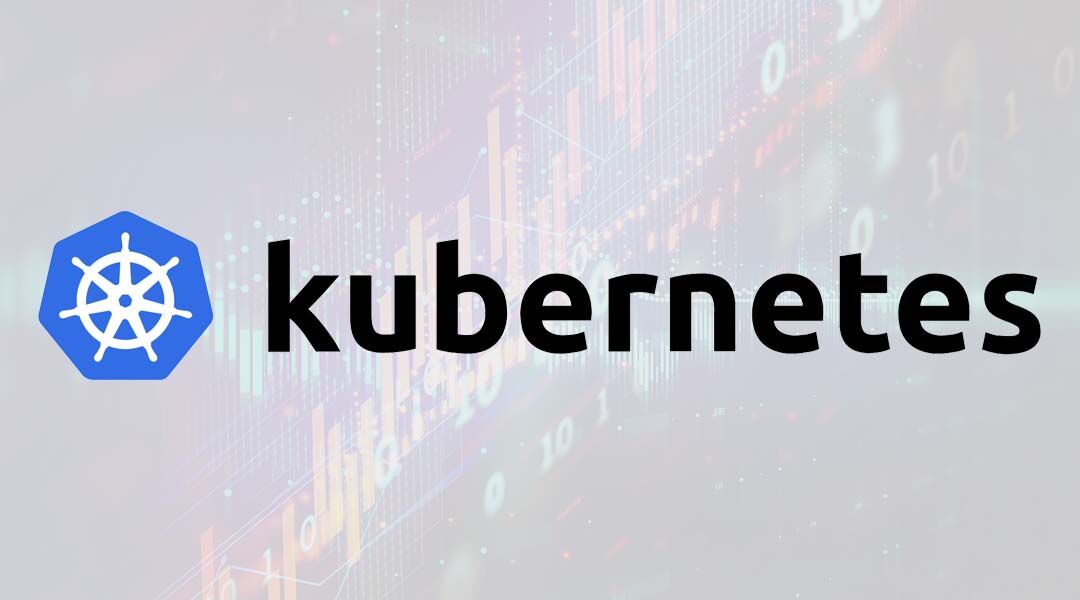Kubernetes, also referred to as K8s, is an open-source system for automating deployment, scaling, and managing containerized applications. In other words, it helps group containers that form an application into logical units, making management a breeze.
Kubernetes changed how IT infrastructure and applications run in a revolutionary and flexible way, guiding you, so you don’t have to tackle every task yourself. While helping many companies, this system might pose more problems than solutions–especially when knee-deep in a multi-cluster setup.
A hosted Kubernetes platform, like the one mentioned in this resource, can help businesses achieve multi-cluster Kubernetes. Pivoting from single cluster to multi-cluster can help accelerate your company’s digital transformation quickly and cost-effectively and create a path to use Kubernetes for your business.
With your business’ cost-effectiveness and digital transformation on the line, you won’t want to take the decision of a Kubernetes hosting solution lightly. There are a few things to consider when choosing the right Kubernetes hosting solution for your business. Kubernetes is complex, so before diving in, take your time making the right decision.
Guidelines
Despite these practices changing according to the scale of your business and the specific tasks you’ll utilize Kubernetes for, there are some general recommendations that you can follow and look out for when hosting.
While a single-control plane Kubernetes cluster is easy to boot, it can easily become complicated when you have to factor in multiple workers running in multiple data centers. You’ll need a redundant control plane just in case you lose a DC that is your primary host.
The security for Kubernetes has a general, default setup that you can improve for production. However, not all recommendations work if you don’t have access to Kubernetes administrators. If there is no security in place, you pose a significant risk to your information. Kubernetes management allows you to backup your clusters and even upgrade.
Finally, Kubernetes can be integrated with a few core services, making it customizable with cloud or virtual APIs. Controllers interact, provide infrastructure, and store details with appropriate security.
Kubernetes hosted cloud solutions
This section will review the top three managed Kubernetes services and their advantageous qualities. Keep in mind that this is less expensive than hiring an administrator to do this type of work for you. There are a few on-premise options, yet, they are not widely used due to their limited features since this type of application runs normally on a cloud.
Google Kubernetes Engine is a CaaS (containers as a service) platform and is fully managed, easy to use, and integrates perfectly with other Google products. Additionally, this solution has access to site reliability engineers for any issues you might encounter.
Azure Kubernetes Service bases its charges on the network resources and worker nodes you use. You can deploy and administer containers easily, smoothly, and effectively. Your business performance is optimized through your configurations.
Amazon Elastic Kubernetes Service allows you to run multiple apps within one cluster. The management method gives you more access control, giving you all the options Kubernetes has available and is constantly evolving.
Final thoughts
In the end, Kubernetes is quick to manage tasks for you, taking care of jobs like security and upgrading that you don’t have to manage yourself. That said, consider the overall cost compared to what you save by using Kubernetes. If you spend a lot of your budget on Kubernetes professionals, it may be time to consider other options.
